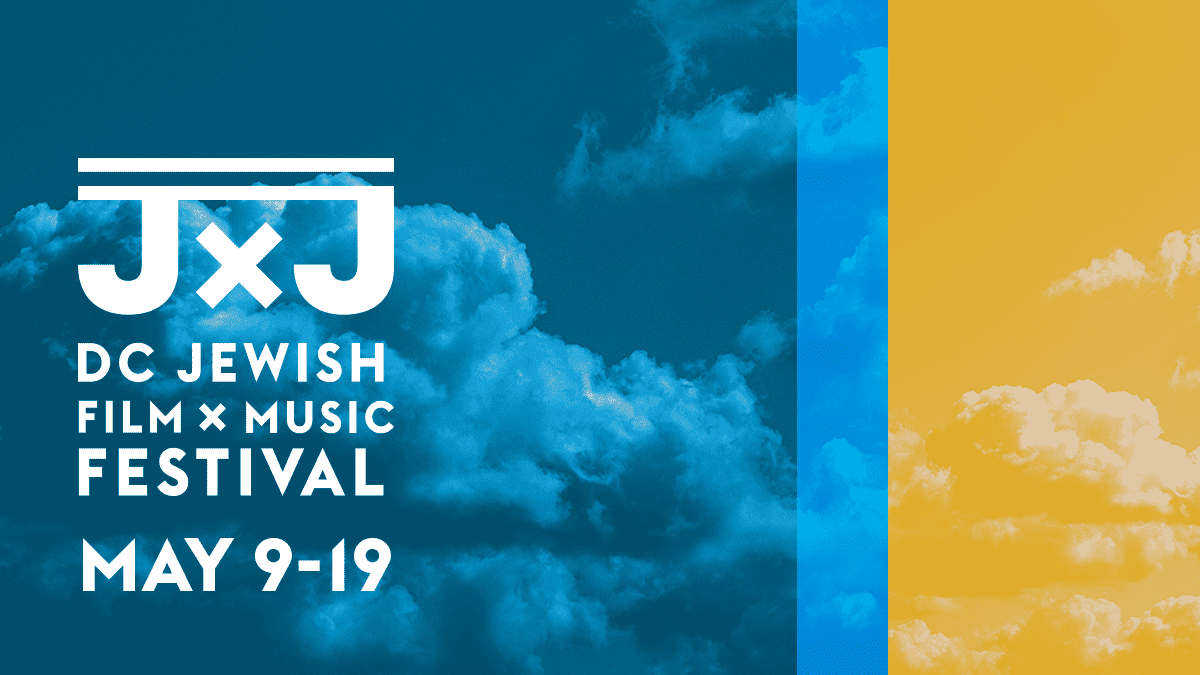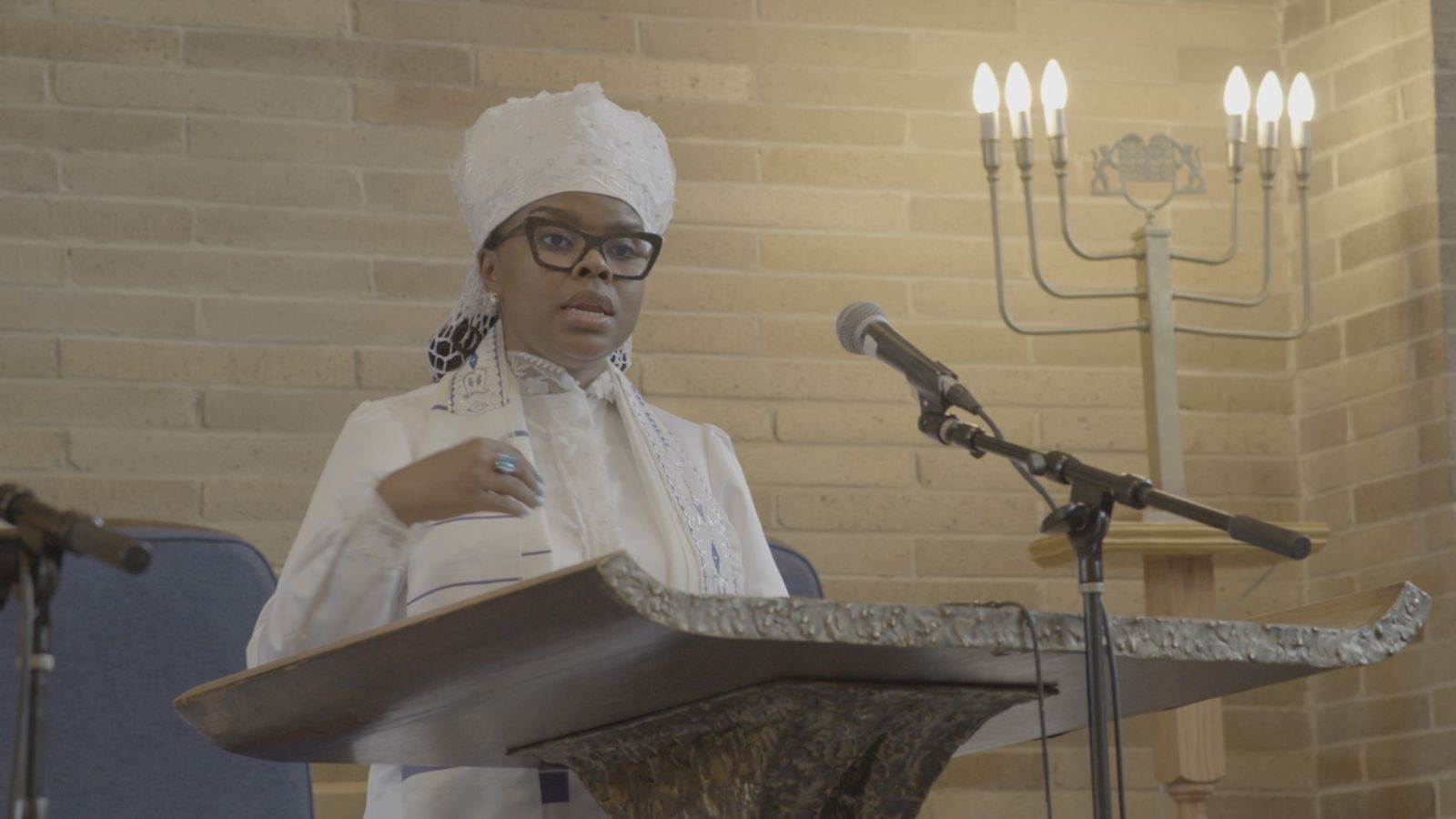I have participated in the JxJ Film Festival, hosted by the DC JCC, for many years now.* This time I only bought a 3-pack pass, which is probably for the best, because I don't think I would have had time to see more than that!
Here are the films I saw:
This documentary is about the French fashion house Chloé, created by Jewish Egyptian designer Gaby Aghion. I had heard of Chloé before, but that's about it. Aghion was one of few women to have founded a fashion house during the 1950's, and her style was very flowy and free (she is credited to have perhaps invented "ready to wear" fashion). Aghion herself was a very active, independent woman and enjoyed the outdoors, so her designs were meant to fit women with similar lifestyles. She kept herself in the background of her work, which is probably why I had never heard her name before. In the late 1960's she hired Karl Lagerfeld to design for Chloé, which was interesting since she was Jewish and he was German. She let him be the face of Chloé, and he did amazing things for the brand through the 1970's, which really put him and the fashion house on the map. There was some drama relayed in the film between the two designers, and Lagerfeld left and later was very successful with Chanel and Fendi. Aghion was adamant that Chloé had made Lagerfeld, not the other way around. The two did come back to good terms before she passed away in 2014. I didn't know about any of this, and this film did a great job summarizing this fashion story!
I saw this rom com with a friend, and even though I fell asleep in the middle of it (I had had three margaritas beforehand. What do you want from me?), since rom coms are pretty predictable, I don't think I really missed anything. Essentially boy meets girl during a final military practice in Israel; he immediately has a crush on her, but he's fat and she's not interested. She moves to New York, but over the years they run into each other and stay in touch as friends. For me, it seemed like the whole film focused on him being fat and therefore undesirable, not just to her but to any woman. But wouldn't you know it, at the end he loses weight and she decides she does want to give him a chance. What the heck? What kind of messaging is this film sending? "If you become skinny, only then will people like you" ? Can you imagine if this had been the other way around, with the woman losing weight so that the man of her dreams would finally love her? We would NOT celebrate that, and we shouldn't celebrate it in this way, either. What would have been a better message would have been if he had met someone who loved him just for who he was, and by the time Elik came around, he would have been able to rub it in her face and tell her it was too late and that she had missed her chance. We should not use people's weights or appearances to equate their value to other people in society. Ew.
Of the three films, I was most excited to see this one. I love documentaries, and the story of a black, female rabbi sounded really interesting. Tamar Manasseh is a Jewish woman from the South Side of Chicago. Her mother is Jewish, so therefore she is (she hates getting asked, "How are you Jewish?" as in, "How can a black person be Jewish?"); she grew up going to Jewish day school, and when she had children of her own, she sent them to Jewish day school, too. She is an activist, having founded Mothers and Men Against Senseless Killings (MASK), and to be an even greater role model, she went to rabbinical school to become a rabbi. But she faced much adversity through all of this. She was discriminated against as a woman, and it took her 13 years to finally be ordained as a rabbi. And while she likes to see herself as a bridge between the Jewish and African American communities, she has found that many Ashkenazi Jews do not want to associate with black Jews. AND her own child's day school no longer wanted her son to attend; they were sneaky about it, too, refusing to send her the next year's application even though she had already paid to hold his spot. She took the school to court and won the case, but her son never went back to the school, so he also faced terrible discrimination and racism. But the story is mostly a hopeful one, with Manasseh helping to bring together the local community and fight injustices, and living her life "Jew-ing" with her commitment to Tikkun Olam (healing the world).
This actually wasn't the first movie that director Brad Rothschild made about Manasseh. In early 2020, he released a film called, "They Ain't Ready for Me," but it kind of went under the radar with the pandemic. He was at the film screening and spoke afterwards, talking about meeting Manasseh and saying how impressed he was by her every time they spoke.
I am so glad I had the chance to see these films! I always enjoy going to this film festival, as you can see from the list below, and I'm glad I could squeeze in this year's festival with my busy schedule!
*Here are my blog posts on previous JxJ Film Festivals:



No comments:
Post a Comment